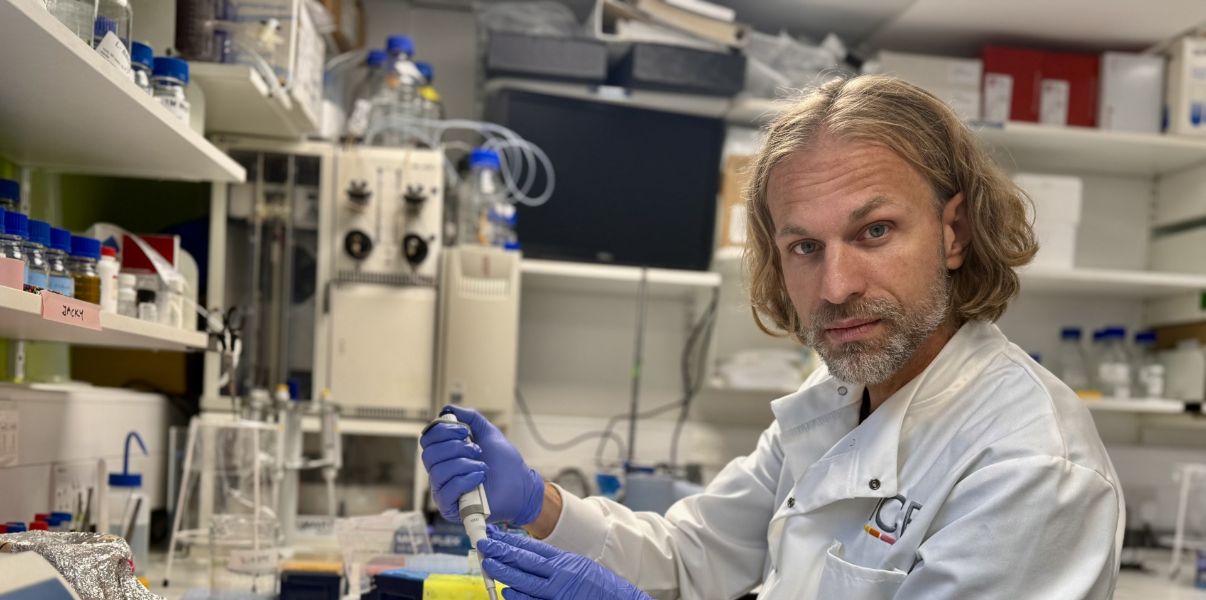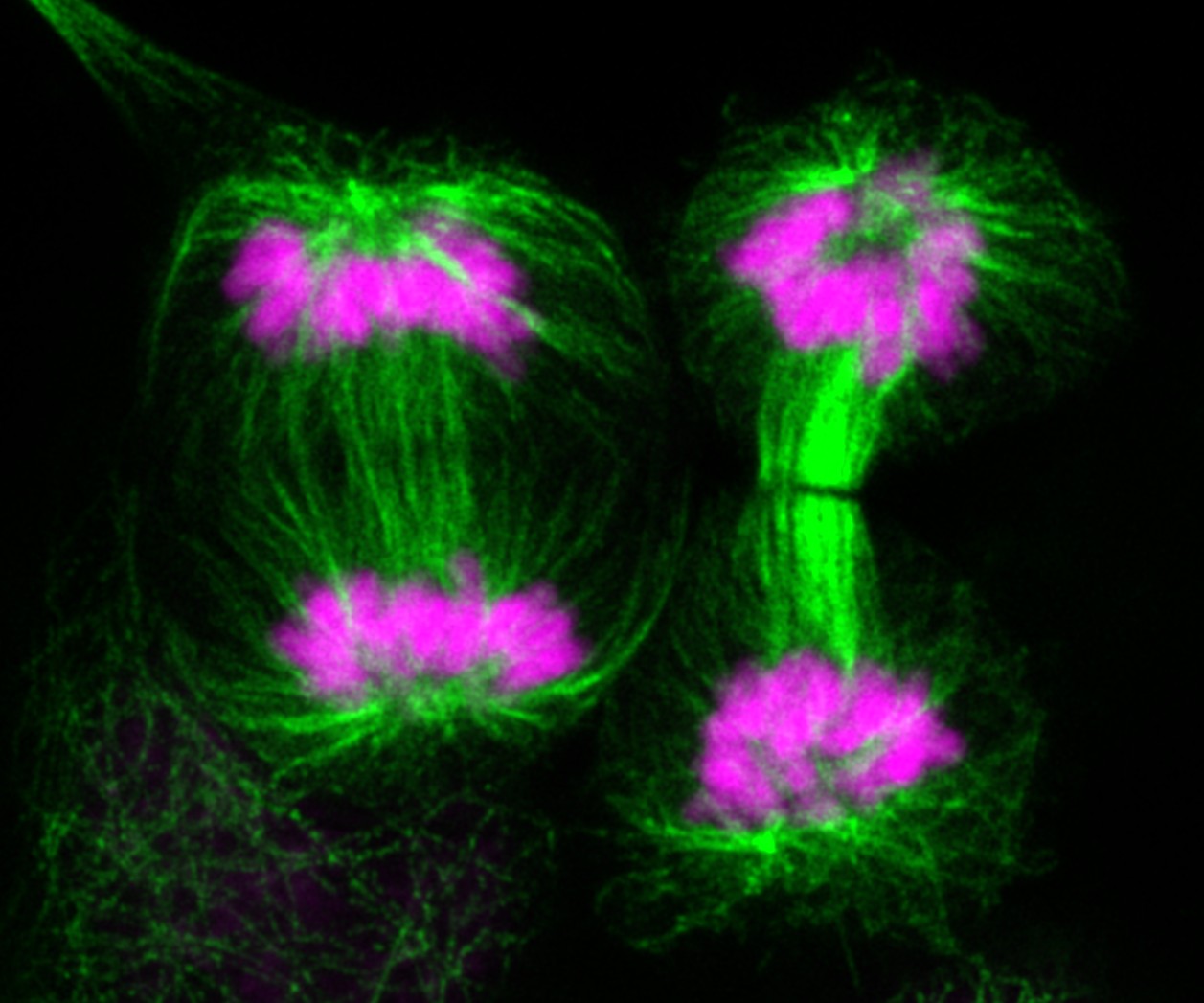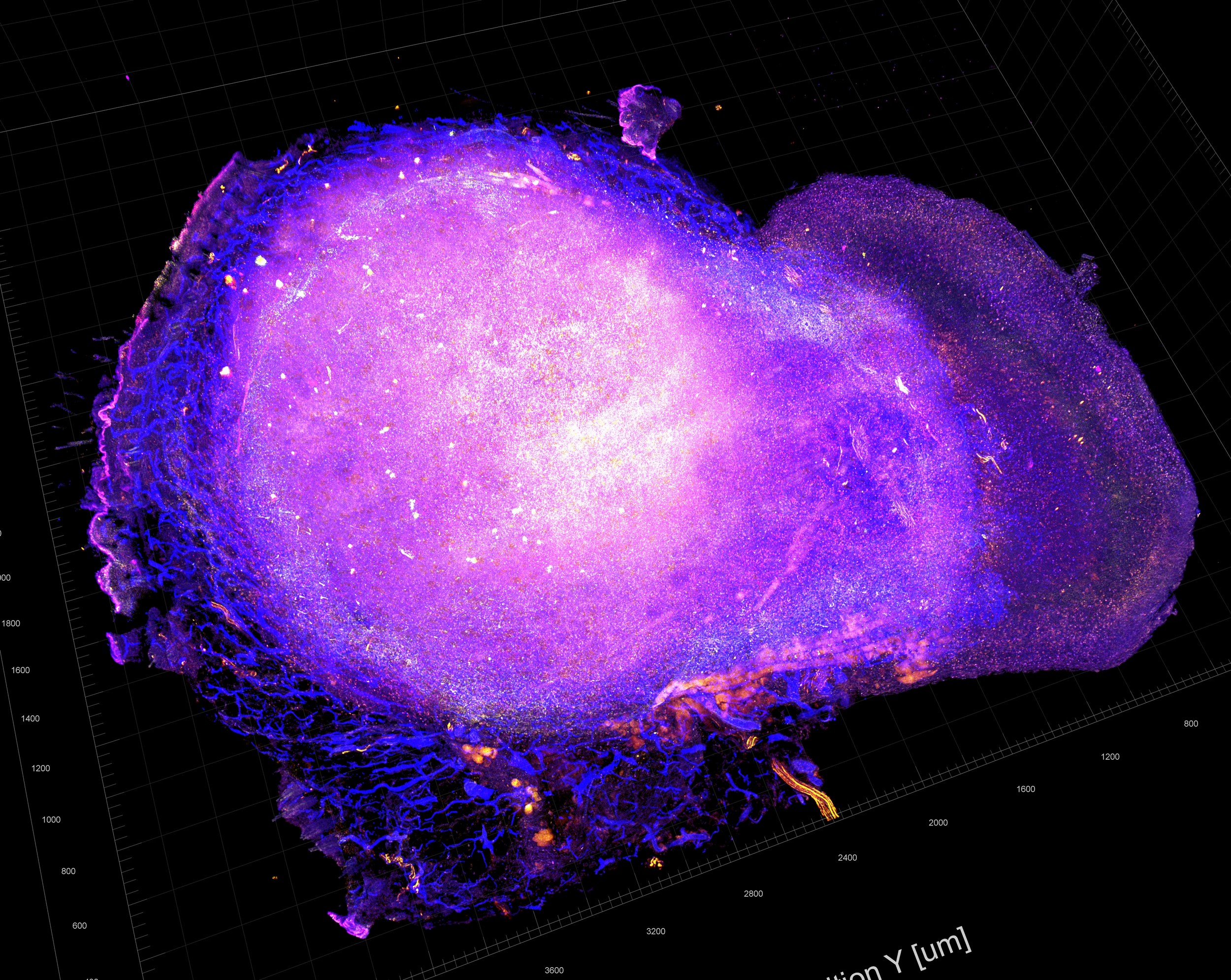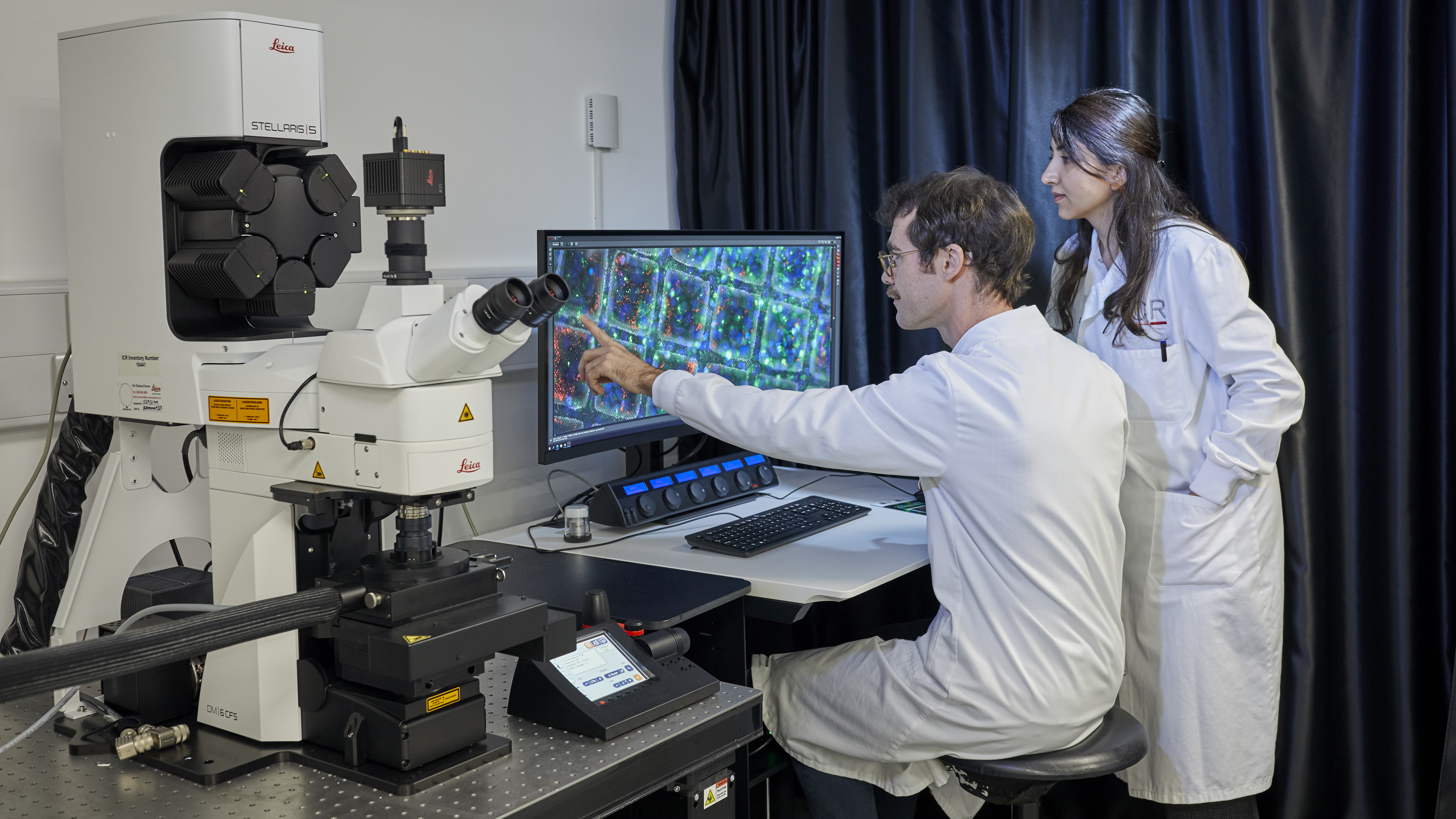Radiation Protection Training Course
Course dates
Monday 20 to Friday 24 April 2026
Venue
The Institute of Cancer Research and The Royal Marsden NHS Foundation Trust, Downs Road, Sutton, Surrey, UK.
Course overview
The course is organised by the Joint Department of Physics of The Royal Marsden NHS Foundation Trust and The Institute of Cancer Research.
The course provides the theoretical background and training necessary for the radiological protection requirements of both ionising and non-ionising radiations used in hospitals. Although derived from an international framework the course content centres on UK Legislation
The main 4 day module (Monday until Thursday) covers the following subject areas: radiation risks, dosimetry, biological effects, instrumentation, legislation, transport, emergencies, and safe practice in the medical uses of ionising radiations. On the afternoon of day 3, delegates will have the opportunity to split into groups according to specialism for focussed discussions and worked examples.
As well as lectures, there will be small informal workshop sessions covering a range of practical issues. The additional (optional) 1 day module on Friday covers non-ionising radiation protection.
The course is at a level suitable for hospital physicists working in the field of radiation protection or those who want to expand their knowledge in this field. It is particularly suitable for those wishing to become Radiation Protection Advisers (RPA) and covers the Basic Underpinning Knowledge (Basic Syllabus) as set out in Annex 3 of the HSE statement on Radiation Protection Advisers.
Those wishing to use the course towards RPA certification can sit an optional marked short exam.
This is a CPD course approved by IPEM.
Provisional lecture list
Day 1: Review and effects of radiation
- Radiation protection framework
- Interactions and units
- Instrumentation
- Sources of exposure
- Risks and effects
- RP Culture & Ethics
Day 2: Statutory requirements
- IRR17
- IR(ME)R17
- Transport Regulations
- Other legislation and guidance
Day 3: Radiation protection in hospitals
- Diagnostic radiology RP in practice
- Radiotherapy RP in practice
- Nuclear Medicine RP in practice
- RPA case studies with worked examples
Day 4: The role of the RPA & Emergencies
- Radiation Incidents and Emergencies
- Giving Sound RPA Advice
- RPA certification
- Guest lecture
- Optional Assessment
Day 5: Non-Ionising radiation protection (optional)
- Microwave & RF
- Safety issues in MRI
- Ultrasound
- Medical lasers
Days 1–4 Workshops
- RPA Role play
- Risk assessments
- RPA Auditing
- RPA Case Studies
(The organisers may need to alter the final programme to fulfil practical commitments.)
Registration & Course fees
Downloadable Registration Form (PDF)
All current course registration fees are given on our registration form.
The cost includes lunches and light refreshments. Lecture notes and a certificate of attendance are provided. A course meal is included on the first evening of the course.
Please note – a discount applies to payments received by 20th February 2026.
You will be allocated a place on receipt of a completed registration form and a valid quoted payment reference/purchase order or completed bank transfer. We are unable to accept provisional bookings.
Early booking is advised as the number of participants is limited to provide a friendly open forum for debate and to assist in the running of the workshops. Applications from outside the UK are welcome.
Closing date for registrations – 3 April 2026
Related documents
Contacts
Course organiser: Dr Iain Murray (Royal Marsden Hospital)
Tel: +44 (0)20 8661 1440
For registration details and any other queries contact:
Course administrator: Mrs Jessica Keegan
Tel: +44 (0)20 8661 3075

Related pages
Latest ICR News

Subtle chemical tweak helps determine whether cells grow, potentially affecting cancer risk
Researchers have discovered a tiny chemical switch inside our cells that helps control whether they keep dividing or stop for good – a finding that could influence future cancer therapies and deepen our understanding of ageing.

Postdoc Maria Taskinen wins ICR Science and Medical Image Competition 2025
Seven images were shortlisted for this year’s annual Science and Medical Image competition, showcasing the eye-catching science being carried out at the ICR. Three winners were selected by a judging panel and the fourth was chosen by the public based on votes on social media.

New research reveals how combining viruses with targeted drugs can boost cancer-killing immune responses
Two studies have uncovered how combining a cancer-killing reovirus with targeted cancer drugs can dramatically boost immune responses and tumour destruction – offering a promising route to more effective, personalised cancer therapies.

How advances in microscopy are transforming structural biology at the ICR
At The Institute of Cancer Research, London, our ability to visualise the intricate inner workings of cancer is going from strength to strength. Robbie Lockyer spoke with scientists using cutting-edge imaging techniques to uncover how these tools are helping us understand cancer in unprecedented detail.